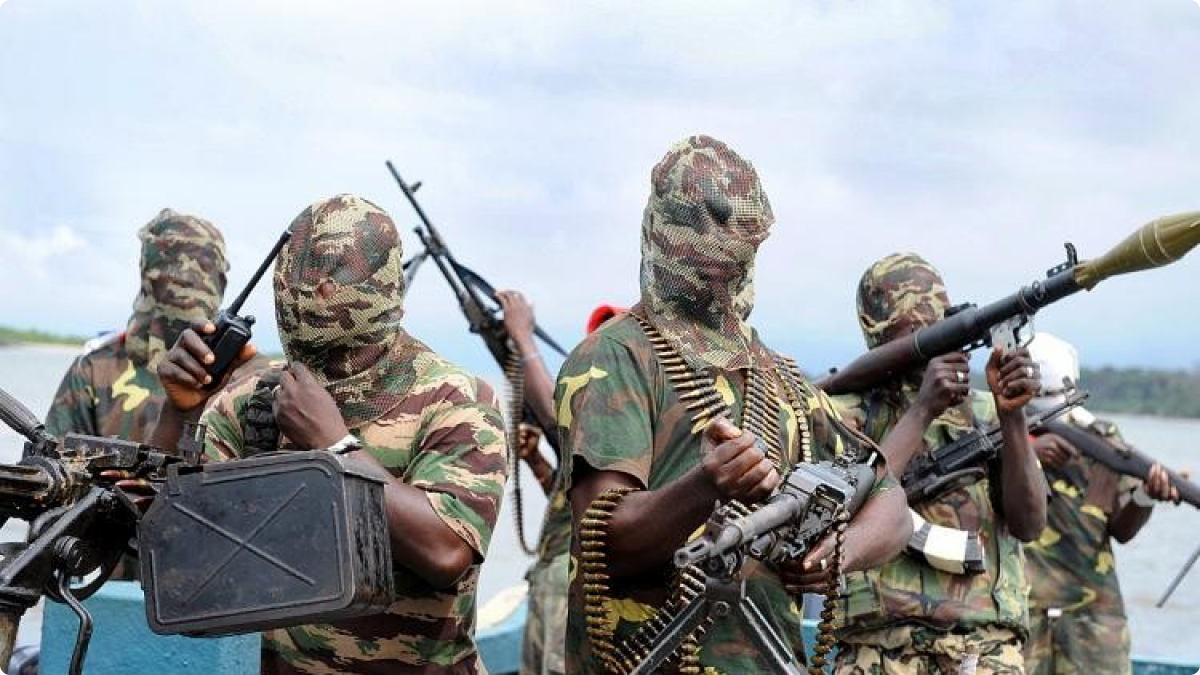Boko Haram commander killed over ‘planned surrender’


BY: ![]()
A Boko Haram commander was killed by his comrades over his alleged plan to surrender and hand over hundreds of hostages to the Nigerian military, two sources told AFP on Sunday.
Ali Gaga was shot and killed on Thursday by other commanders in the ISIS-affiliated faction of Boko Haram after they uncovered his plan to surrender to Nigerian troops fighting the jihadist group in the Lake Chad region.
Gaga had arranged to rescue 300 hostages being held by the Islamists and hand them over to troops before turning himself in.
His death comes after the group’s de facto leader Mamman Nur was killed by radical lieutenants who accused him of betrayal and back-channel peace talks with authorities, sparking fears of a hardline takeover in Boko Haram.
“The new leadership of the faction got to know of his plans and executed him,” said one source about Gaga, speaking on condition of anonymity.
Gaga was forced to join the Islamic State West Africa Province (ISWAP) in 2015 after the group seized his herd of cattle, the source said.
After joining the group he was trained in weapons handling and valued because of his mastery of the difficult terrain as a herder.
He was in touch with some mediators and had concluded arrangements to switch sides and “take along around 300 hostages with him when the group found out”, said a second source.
“Once they found out he was declared a traitor and killed.”
The Nigerian military has in recent weeks intensified aerial bombings in the Lake Chad region where ISWAP is based, military sources told AFP.
Last week an ISWAP high profile commander called Abu-Nura was killed in one of the aerial strikes on SabonTumbu village, the second source said.
Abu-Nura was in charge of Jibillaram-Dabar Masara axis in the Lake Chad region, the source said.
According to the source, a new commander in the name of Abu-Imrana has been appointed as a replacement.
More than 27 000 people are thought to have been killed in the nine-year Boko Haram insurgency that has triggered a humanitarian crisis and left 1.8 million people still without homes.